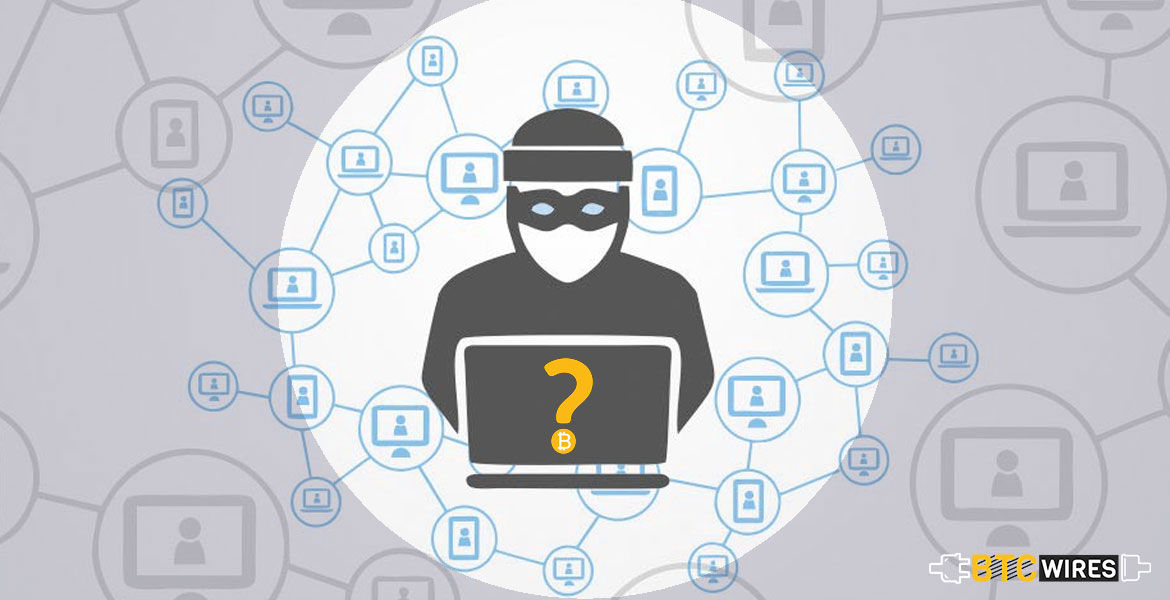Everything, no matter how good it may be, has a

Everything, no matter how good it may be, has a flip side to it. Moreover, almost anything that can be used efficiently for achieving results that serve the needs of mankind can be misused as efficiently, to spread disaster and devastation, conflict and chaos. Being one the most hotly sought after technologies of the 21st century’s second decade, blockchain, is no different. Regardless of the fact that it’s essentially an emerging technology that still has a nascent market reach, it does have a great deal of benefits that can be reaped for ethical and criminal usage alike. Therefore, it is no wonder that many groups connected with illicit activities have been found to be raising funds using cryptocurrencies, especially Bitcoin, that are run on blockchain networks. However, can blockchain really help out terrorist organizations? If yes, to what extent?
If we are to take the infamous cases of Silk Route and AlphaBay, which were dark web marketplaces using cryptocurrencies for raising funds and fuelling their illicit activities, we would get an idea about how arms dealers, drug lords and other such organizations use the dark web and the anonymity allowed by blockchain and cryptocurrencies to carry on with illegal projects. Since blockchain serves as a digital ledger that allows users to track and monitor deliverables without necessarily revealing their identity, it can potentially become a nefarious tool in the hands of terrorist organisations. Having said that, certain researchers have conducted studies that reveal rather insightfully that this novel technology might not be such a potent tool for terrorist organisations after all.
This year itself, we saw a think tank from Washington DC present a report about this. The paper, written under the aegis of the Foundation for Defense of Democracies’ Center on Sanctions and Illicit Finance by its Director Fanusie, argued that cryptocurrencies aren’t meant for financing of terrorist organisations.
The paper points out that till now, terrorists have hardly had much success when it comes to carry out fundraising using some form of sophisticated technology. The reason for this is simple. To fill the ranks and increase numbers, the terrorist organisations often recruit members with little education and from poor financial backgrounds. With negligible formal training, it is nearly impossible to train these members to operate blockchain networks and handle crypto funds seamlessly. Moreover, as this paper was heard during the terrorism financing hearing before the United State House of Representatives (Service Committee), the presenters emphasized on the fact that blockchain technology in itself, or digital currencies have no inherent quality that makes them any more amenable to terrorist activities than other forms of technology (although we believe that the anonymity aspect can prove to be rather crucial). The report also detailed several case studies relevant to the topic and discussed how a Gaza-based Al-Qaeda offshoot is said to have been allegedly using crypto funding. It also refers to how Ali Shukri Amin had written a blog about the ISIS’s ability to use Bitcoins for funding. However, as the report points out that these terrorist organisations frequently choose war-torn and conflicted areas as their main base and these areas are not particularly conducive to use of technology as sophisticated and unique as blockchain. Hence, according to the presenters, misuse of crypto and blockchain remains a “fringe activity” for the terrorists.
Even though this logic rings true, we must be wary about how devastating this technology can turn in the hands of people who misuse it, with the issue of anonymity having the potential to come back to bite us in the back. However, the pros of blockchain are hefty enough for us to be able to laud it despite the possibilities of misuse that inevitably remains.

